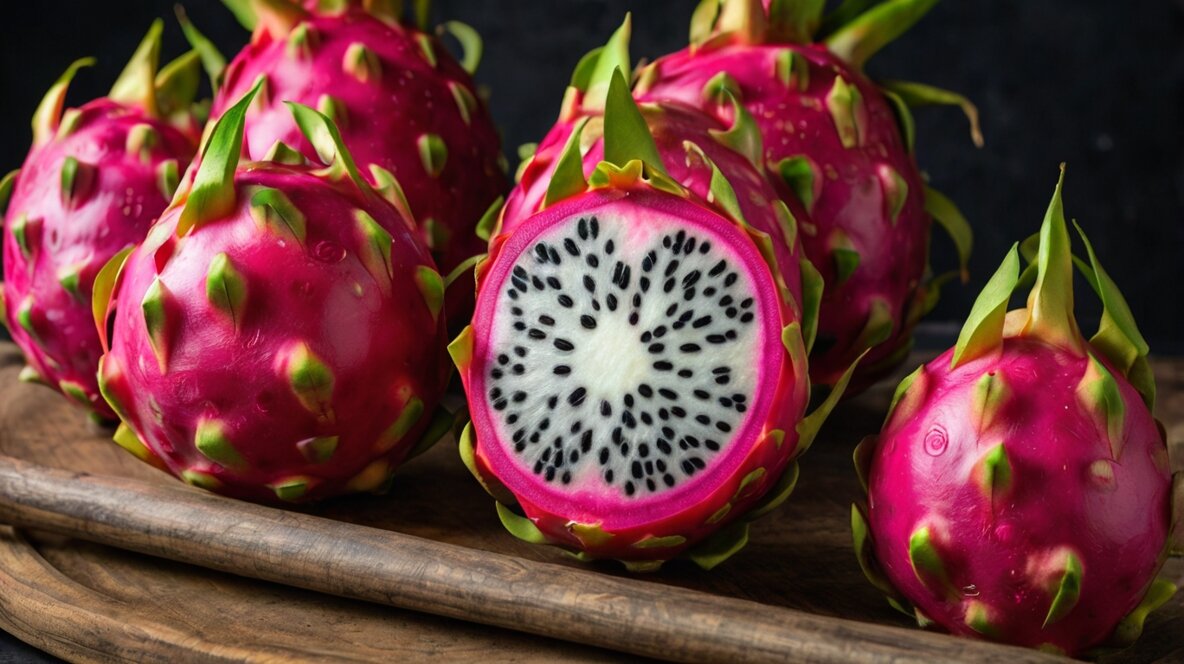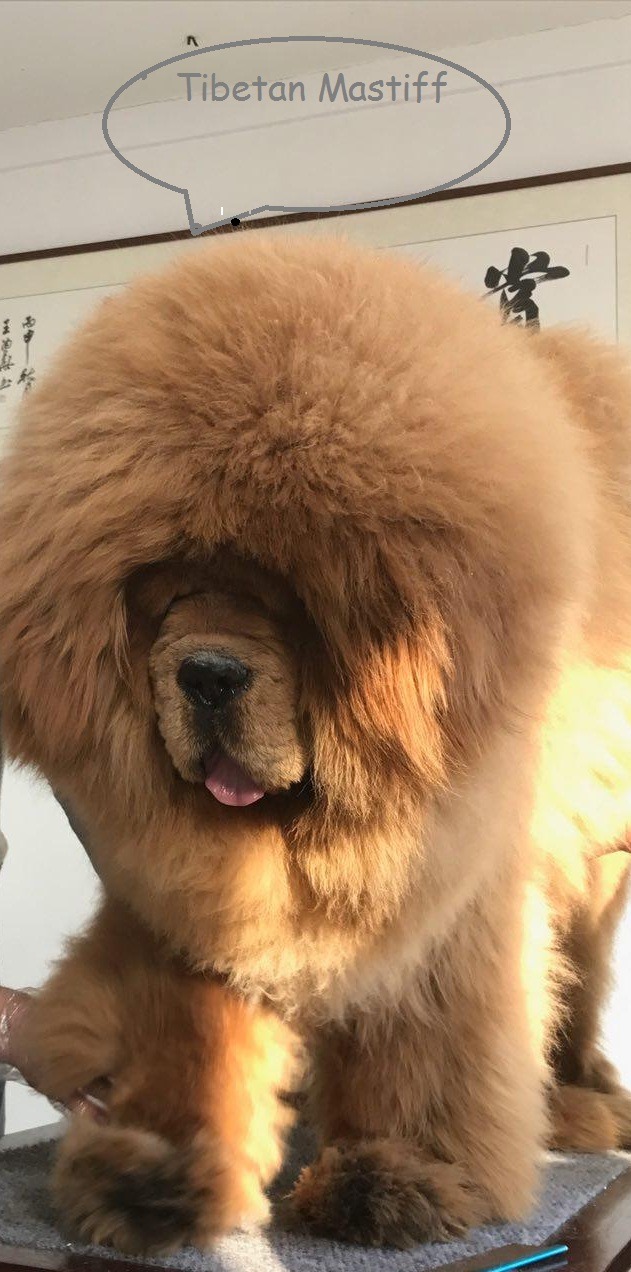Beef Stew Safe for Cats, As a cat owner, you’ve likely wondered if your feline friend can enjoy a little homemade cooking. Beef stew for cats is a staple in many households, so it’s natural to ask: is homemade beef stew good for cats? While cats may enjoy the meaty goodness of beef, there are several factors to consider before serving them this dish. Let’s dive into whether beef stew is safe for cats and how you can modify it to meet their dietary needs.
Table of Contents
Understanding the Nutritional Needs of Cats
“Beef stew safe for cats, Cats are obligate carnivores, which means their diet should primarily consist of meat. Unlike omnivores or herbivores, cats rely heavily on animal-based proteins and fats to thrive. They need specific nutrients like taurine, arachidonic acid, and vitamin A, which are all found in meat.
So, when you’re thinking of making homemade beef stew for your cat, the key question should be: does it meet their nutritional needs? If not, your feline might miss out on essential nutrients that are vital for their overall health.
Beef in a Cat’s Diet
Can Cats Eat Beef?
Yes, cats can eat beef in moderation, and many cats enjoy the taste. Beef is rich in protein, which is crucial for a cat’s muscles and overall health. It also contains iron and zinc, which help maintain strong immune systems and healthy coats. However, beef alone isn’t enough to cover a cat’s entire dietary needs.
Nutritional Benefits of Beef Stew for Cats
Beef provides high-quality protein and essential amino acids that cats need for tissue repair, muscle growth, and energy. It’s also a good source of B vitamins, which help with energy metabolism.
Potential Risks of Beef for Cats
While beef is a good source of protein, it can also be fatty. Feeding your cat beef that’s too high in fat may lead to digestive issues, obesity, or pancreatitis. Additionally, beef needs to be cooked properly, as raw or undercooked meat can carry harmful bacteria like E. coli or Salmonella.
Homemade Beef Stew for Cats: Pros and Cons
Benefits of Homemade Meals for Cats
Homemade cat food gives you complete control over what your pet eats. If done correctly, it can help avoid allergens, unnecessary additives, and fillers found in some commercial cat foods.
Common Mistakes in Homemade Cat Food
A common mistake is assuming that a dish like beef stew, designed for humans, can also suit your cat. Cats need specific nutrients not typically found in human foods, and certain ingredients (like garlic and onions) can be harmful.
Is Beef Stew Nutritionally Complete for Cats?
In its traditional form, beef stew is not nutritionally complete for cats. It often lacks taurine and other essential nutrients that cats can’t produce themselves. To make beef stew a more viable option, you’ll need to consider supplements or specific ingredients that add nutritional value for your cat.
Ingredients in Beef Stew: Are They Safe for Cats?
Safe vs. Unsafe Ingredients
Traditional beef stew often includes ingredients like onions, garlic, and spices, all of which are toxic to cats. Even in small amounts, these can cause severe health issues, including damage to red blood cells and digestive distress.
Onions and Garlic: A Big No for Cats
Both onions and garlic contain compounds that can lead to hemolytic anemia in cats, which destroys red blood cells. Symptoms may include lethargy, vomiting, and a decreased appetite. It’s essential to exclude these from any cat-friendly version of beef stew.
Vegetables in Beef Stew: Should Cats Eat Them?
Can Cats Digest Vegetables?
Cats don’t need vegetables as part of their diet, but small amounts of safe veggies can be included. Their digestive systems aren’t designed to break down plant matter, but certain vegetables in small quantities can provide fiber and hydration.
Safe Vegetables for Cats
Carrots and peas, for example, are safe for cats in small amounts. They provide a bit of fiber and vitamins but should not make up a significant portion of their diet.
What Vegetables to Avoid
Onions, garlic, leeks, and shallots should never be included. Even other vegetables, like tomatoes and potatoes (if unripe or unpeeled), can upset a cat’s digestive system.
Grains in Beef Stew: Do Cats Need Them?
Are Grains Necessary for Cats?
Cats do not need grains in their diet. Their bodies are not designed to process carbohydrates in the same way humans and dogs do. While some cat foods contain grains, these are often fillers that provide little nutritional benefit.
The Role of Carbohydrates in a Cat’s Diet
Cats require very few carbohydrates, and most of their energy comes from protein and fat. Including grains like rice or wheat in a homemade beef stew isn’t necessary and could lead to weight gain or digestive problems.
Cooking Method: How it Affects the Safety of Beef Stew
Raw vs. Cooked Beef for Cats
Cats can eat raw beef, but it comes with risks. Raw beef may contain bacteria and parasites that could harm your cat. Cooking the beef reduces these risks, but it’s important to cook it plainly, without seasoning, oil, or butter.
Avoiding Excessive Fats, Salt, and Spices
Spices, salt, and heavy fats can cause stomach upset or even long-term health issues for cats. Always cook beef for cats without these additions to ensure their health and safety.
Making a Safe and Healthy Homemade Beef Stew for Cats
How to Prepare a Cat-Friendly Beef Stew
To make a safe beef stew for your cat, stick to plain, lean beef with a few safe vegetables like carrots. Avoid adding salt, onions, garlic, or grains. A small amount of water or unsalted broth can be used to keep the stew moist, but avoid using butter or oils.
Essential Supplements to Add for Complete Nutrition
Adding taurine supplements is crucial, as this amino acid is vital for a cat’s heart and vision health. You can also consult your vet about other supplements to ensure the meal is nutritionally complete.
How Much Homemade Beef Stew Should Cats Eat?
Portion control is important to prevent overeating. Cats have small stomachs, and their meals should be portioned to their size and activity level. A few spoonfuls of stew can be enough as an occasional treat.
Monitoring Your Cat’s Health After Serving Homemade Beef Stew
After introducing any new food, keep an eye on your cat for signs of digestive upset, such as vomiting, diarrhea, or lethargy. If you notice any adverse effects, stop feeding the stew and consult your veterinarian.
Consulting a Veterinarian Before Making Dietary Changes
Before introducing homemade beef stew into your cat’s diet, it’s a good idea to consult a vet. They can provide valuable guidance on supplements and portions, ensuring your cat’s diet remains balanced and safe.
Alternatives to Homemade Beef Stew for Cats
If making a homemade beef stew seems too complicated or risky, there are plenty of high-quality, grain-free commercial cat foods available. You could also try other simple, cat-friendly recipes like plain boiled chicken or turkey.
Conclusion: Is Homemade Beef Stew Safe for Cats?
Homemade beef stew can be safe for cats, but only if it’s prepared correctly. Stick to plain, lean beef, omit harmful ingredients, and consider adding necessary supplements. However, always consult your vet before making any significant changes to your cat’s diet.
FAQs
Can I add seasoning to homemade beef stew for cats?
No, seasoning should be avoided, as many spices are harmful to cats.
How often can I feed my cat homemade beef stew?
Homemade beef stew should only be given as an occasional treat, not a regular meal.
Can kittens eat homemade beef stew?
Kittens have specific dietary needs, so it’s best to consult a vet before feeding them homemade food.
Should I include bones in the beef stew for my cat?
Avoid bones, as they can splinter and cause choking or internal injuries.
What should I do if my cat has a bad reaction to homemade beef stew?
If your cat shows signs of illness, stop feeding the stew immediately and consult your vet.



